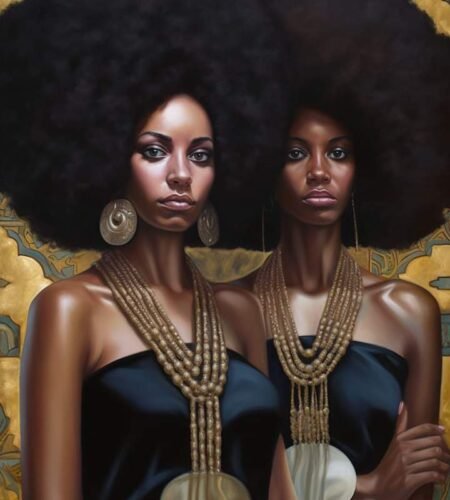AI and Photography: A Revolutionary Fusion
AI is revolutionizing photography, introducing groundbreaking tools and techniques that push the boundaries of creativity and empower photographers like never before.
The integration of artificial intelligence (AI) into the realm of photography has ushered in a new era of creativity and innovation. From intelligent editing tools to computational photography and AI-powered camera features, this technological fusion is redefining the way we capture, process, and experience visual art.
AI-Powered Editing Tools: Enhancing Artistry
AI-powered editing tools like Luminar AI (https://skylum.com/luminar) and Topaz Photo AI (https://www.topazlabs.com/topaz-photo-ai) are revolutionizing post-processing, offering intelligent features for image enhancement, object removal, and realistic edits.
Luminar AI, developed by Skylum, harnesses the power of AI to provide a comprehensive suite of editing tools. Its AI Structure feature intelligently enhances detail and clarity, while AI Sky Replacement allows for realistic sky composites. Additionally, AI Skin Enhancement offers natural skin retouching capabilities.
Topaz Photo AI, from Topaz Labs, is another game-changer in the AI editing space. Its advanced AI models tackle tasks like noise reduction, sharpening, and artifact removal, delivering impressive results with minimal user input.
Computational Photography: Pushing Boundaries
Google Snippet: Computational photography, powered by AI algorithms, enables advanced techniques like HDR+ (https://ai.googleblog.com/2018/11/hdr-on-google-pixel-smartphones.html), Deep Fusion (https://www.apple.com/ios/photos/), and super-resolution, unlocking new realms of image quality and detail.
Computational photography leverages AI to process and combine multiple images, extracting the best elements from each frame. Google’s HDR+ technology, found in Pixel smartphones, employs AI to capture impressive dynamic range and low-light performance. Similarly, Apple’s Deep Fusion feature on iPhones uses AI to combine multiple exposures, resulting in enhanced detail and reduced noise.
AI in Camera Technology: Intelligent Capture
From AI-assisted autofocus and subject tracking to intelligent scene detection and night mode, AI is revolutionizing camera technology, empowering photographers to capture stunning shots effortlessly.
AI is not only transforming post-processing but also revolutionizing the way we capture images. Many modern smartphone cameras, such as those from Apple, Google, Samsung (https://www.samsung.com/global/galaxy/what-is/scene-optimizer/), and others, feature AI-powered camera modes like portrait mode and night mode, which intelligently optimize settings for better results.
Moreover, AI-assisted autofocus and subject tracking have become increasingly common in both smartphone and dedicated camera systems from brands like Sony, Canon, Nikon, and Fujifilm. These AI algorithms accurately detect and track subjects, ensuring sharp focus and precise framing.
The Future of AI in Photography
As AI continues to evolve, its impact on photography will only intensify. Explore emerging trends like AI-generated imagery and the ethical considerations surrounding this technology.
As AI technology advances, its influence on photography is poised to grow even further. One emerging trend is the use of AI for image generation, with tools like DALL-E (https://openai.com/product/dall-e-2), Midjourney (https://www.midjourney.com/), and Stable Diffusion (https://stability.ai/blog/stable-diffusion-public-release) enabling the creation of entirely new images from textual descriptions.
However, this rapid progress also raises ethical concerns surrounding copyright, bias, and the potential for misuse, such as deepfakes. As photographers and artists navigate this new landscape, it will be crucial to address these issues and establish guidelines for responsible AI implementation.

Noodlemagazine I like the efforts you have put in this, regards for all the great content.
Noodlemagazine I’m often to blogging and i really appreciate your content. The article has actually peaks my interest. I’m going to bookmark your web site and maintain checking for brand spanking new information.
|Keep reading, our work is to get you ahead